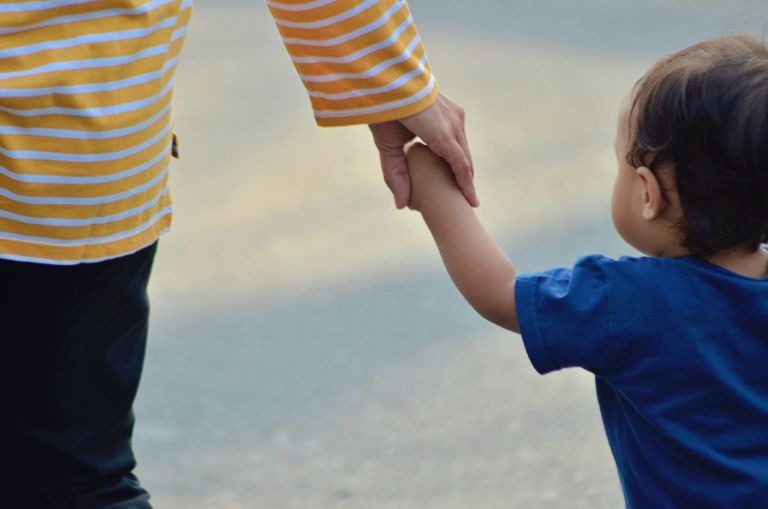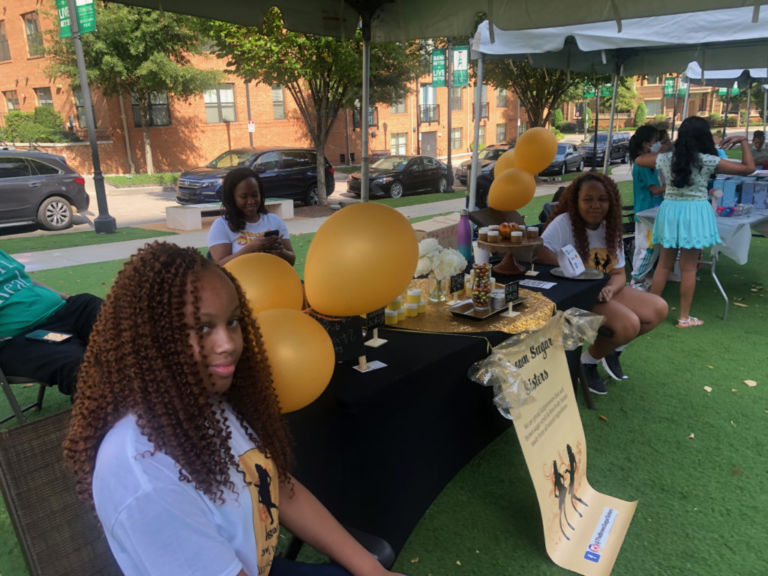This week, Carolina Journal published an opinion piece by education columnist Kristen Blair. In her piece, Blair discusses the connection between bullying and a sense of belonging. Blair writes:
There’s a loneliness epidemic among youth today. That’s the growing consensus among researchers, with implications for school culture… Fortunately, new research also illuminates a promising path forward, showing kids who feel a strong sense of belonging are less likely to bully others. That should fuel work to foster cultures of connection, helping kids internalize this message: You matter. You belong.
Blair references a new study of more than 900 middle school children, led by Chris Slaten, a researcher at the University of Missouri. Blair explains:
What deters bullying? A sense of belonging, defined by researchers as the “perception of consistent interaction and persistent caring from others.”
…Slaten’s study, published in Educational & Child Psychology, found that both family and school belonging mattered. “The stronger connection an individual has with their family,” Slaten and his colleagues wrote, “the less likely he/she is to engage in bullying behavior.” Researchers also found a “significant, inverse relationship between school belonging and bullying behavior.”
According to Blair, one sure-fire way to boost a sense of belonging in the home is regular family dinners. Blair writes:
Frequent family dinners are linked with better parent-child relationships and mental health, especially lower rates of depression in girls; regular dinners are also associated with fewer behavioral problems in pre-teens. No need for culinary prowess — it’s about what that shared meal represents: Consistent interaction. Persistent caring.
Blair acknowledges that promoting belonging is not a silver bullet that will eradicate bullying but is a noble cause which should not be ignored in society’s efforts to end this concerning trend. Blair concludes:
Building belonging is only part of a broader strategy; tough, clear bullying policies and interventions for at-risk kids are also essential. But ensuring more kids feel a sense of belonging is worthy work. What have we got to lose? Loneliness? Isolation? Kids need to know they’re not alone — that at home or school, there’s a place at the table.
Read the Blair’s full piece here. Read more from Kristen Blair in Carolina Journal here.


